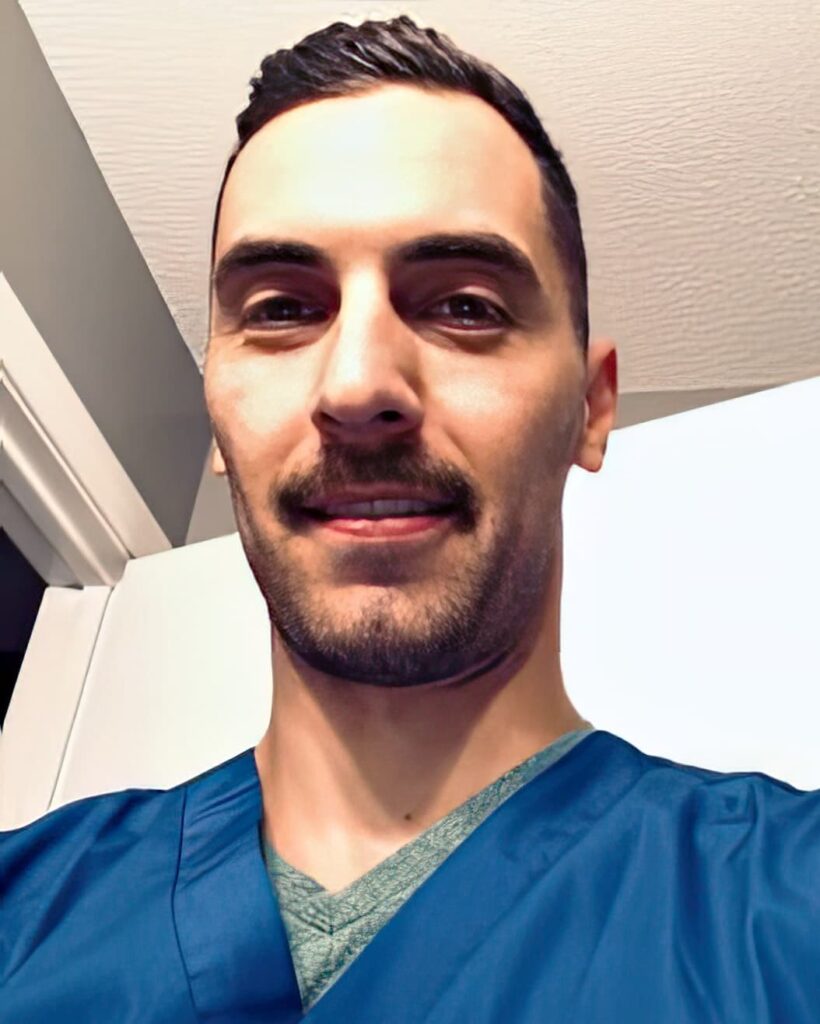Finding a nursing program that fits your needs can go a long way toward success, and affordability is often a top priority. For registered nurses (RN) pursuing a Bachelor of Science in Nursing (BSN) degree, some may benefit from looking at out-of-state program options that better align with their financial, lifestyle, and career goals.
According to CalMatters, the demand for nurses in California is particularly significant: data from the Hospital Association of Southern California notes that vacancy rates of nurses in state hospitals exceed 30%. Before the COVID-19 pandemic, this rate was only 6%.
An Affordable Alternative to In-State Programs
The high demand for nurses in California means nurses in the state may be seeking to expand their education. However, California nurses are not restricted to getting their degrees within their state or in person. Typically, in-state degree programs are less expensive than out-of-state options. However, nurses living in states with a high cost of living, like California, may find an out-of-state nursing program that suits their budget and educational needs.
The University of Maine at Fort Kent (UMFK) online RN to BSN program is available to students in California, providing an affordable alternative to in-state and in-person tuition. For example, UMFK’s online RN to BSN program costs much less than the average cost of California-based BSN degree programs.
Not only can these significant cost savings make higher education in nursing much more accessible to California residents, but the pay-as-you-go tuition plan also offers a bite-sized approach to funding the degree.
Can Californians Improve Career Opportunities and Earnings With a BSN?
California residents who opt for an out-of-state online RN to BSN nursing program can benefit from more than tuition cost savings. The following are additional advantages of a BSN:
- More career opportunities. A BSN degree is increasingly the preferred qualification for many healthcare employers, reports the American Association of Colleges of Nursing (AACN). Graduates of UMFK’s online RN to BSN program may have a broader range of career opportunities, including leadership and specialty roles. The bachelor’s degree is also vital for nurses interested in going on to advanced practice roles like nurse practitioner.
- Increased earning potential. The growing demand for BSN-prepared nurses may translate to higher earning potential. While California is already one of the top-paying states for nurses, according to the U.S. Bureau of Labor Statistics (BLS), BSN-prepared nurses can earn about 40% more than nurses with an associate degree, notes Indeed.
An Online RN to BSN Program for Working Nurses
Working nurses may hesitate to pursue more education since it can be challenging to balance the additional commitment. However, UMFK’s convenient online format allows students the flexibility to learn from anywhere without juggling visits to campus. California residents graduating from UMFK’s program can still maintain licensure through the California Board of Registered Nursing if they meet the other requirements.
Other online degree benefits for working nurses include:
- Accelerated timeline. Students can complete UMFK’s program in as few as ten months, so the program can be an efficient option for working nurses to advance their education and career prospects. This shorter duration allows students to start reaping the benefits of a BSN sooner than in traditional programs, where completion can take several years.
- Comprehensive curriculum. The BSN program at UMFK provides students with a well-rounded education in nursing, including courses in leadership, community health, evidence-based practice, and nursing informatics. This diverse knowledge base equips graduates with broad skills they can apply in various healthcare settings, making BSN-prepared RNs highly adaptable and competitive in the job market.
- CCNE accreditation. UMFK’s nursing program has national certification from the Commission on Collegiate Nursing Education (CCNE). Graduates can trust the quality of the curriculum and that they will develop current, in-demand competencies that translate well to employers across the country.
UMFK’s online RN to BSN program offers an affordable, flexible, and accelerated pathway for California nurses to advance their education and careers. With the rising demand for BSN-prepared nurses in California and the U.S., the program’s convenient format can help students get the same level of education as their in-state peers at a lower cost and open doors to better job opportunities.
Learn more about UMFK’s RN to BSN online program.
Sources:
- CalMatters: California needs thousands of nurses, but leaders can’t agree on how to fill jobs
- American Association of Colleges of Nursing: New Graduate Employment Data
- U.S. Bureau of Labor Statistics: Occupational Employment and Wages, May 2022 – 29-1141 Registered Nurses
- Indeed: How Much Does a Degree Increase Your Earnings?
Related Articles
Request More Information
Submit the form below, and a representative will contact you to answer any questions.
Begin Application Process
Start your application today!
Or call 888-879-8635
for help with any questions you have.

 Maine local Mark O’Brien admits that his higher education journey has not taken the path of least resistance.
Maine local Mark O’Brien admits that his higher education journey has not taken the path of least resistance. As a nurse on the front lines of the COVID-19 pandemic, Zachary Falconer hit “pause” on life outside of family and work. He chose to go back to school.
As a nurse on the front lines of the COVID-19 pandemic, Zachary Falconer hit “pause” on life outside of family and work. He chose to go back to school.